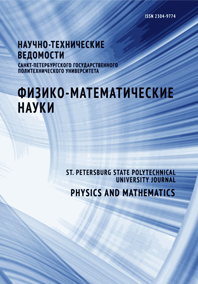Johnson noise thermometry of CVD graphene bolometers
Graphene, due to its record low electron heat capacity and weak electron-phonon coupling at low temperatures, is considered as a promising material for creating terahertz hot electron bolometers. The main challenge to the development of such devices is the weak dependence of graphene resistance on temperature. Here we demonstrate measurement system based on Johnson noise thermometry to directly measure electron temperature in graphene. We measure thermal conductance due to electron-phonon coupling at bath temperature 4,2 K. Our graphene is synthesized by chemical vapor deposition (CVD) method and transferred to Si/SiO2 substrate. The electron–phonon thermal conductance has a temperature power law of T4 which is typical for highly disordered graphene. We estimate the sensitivity of CVD graphene based bolometer with Johnson noise readout. The internal noise equivalent power (NEP) is determined by thermodynamic fluctuations and is equal to 3 fW/Hz0.5. The sensitivity of the detector is limited by the read out noise and is equal to 267 pW/Hz0.5. Thе low internal NEP together with potential fast response time makes CVD graphene to be promising material in the area of bolometry.


